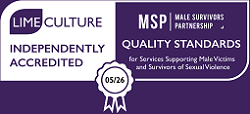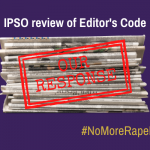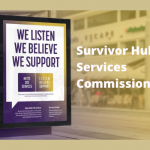CPS Consultation – Our Response
The Crown Prosecution Service (CPS) is running a consultation on changes to their pre-trial therapy guidance.
Pre-trail therapy is the name given to the therapy (counselling) a survivor receives ahead of a trial. It is very important that support is available to a person when they need it. With trials often taking months, if not years to complete, it is vital that survivors are able to get support during the pre-trial period.
At Notts SVS Services we have always provided pre-trial therapy within the confines of CPS guidance. This has meant meeting survivors needs while trying not to risk the outcome of a criminal trial. Often this has meant talking about feelings caused by an incident but not about what actually happened.
We are pleased that the CPS are looking into how their pre-trial therapy guidance can be changed to better meet the needs of survivors. We often hear of ‘successful outcomes’ referring only to guilty verdicts. The CPS takes time to emphasise that the needs of the victim should always be put ahead of the criminal justice system. In this we are pleased that the long-term wellbeing of the survivor is also seen to be a successful outcome in its own right.
But we are very concerned that the examples of ‘trauma-focussed therapy’ used in Annex A focus on medical-based support rather than talking therapies. The counselling services we provide are shown to have huge benefits to survivors. We are told that our service helps people feel safer, stops self-blame and helps people move on. Our services (like many rape crisis centres) are also registered with the BACP and follow their ethics and guidance.
It is vital that the CPS updates the examples given in Annex A to specifically name talking therapies used by us and endorsed by BACP. This will ensure that survivors feel able to access the support they want whilst waiting for cases to come to trial.
Get involved!
Practitioners are able to provide feedback until the end of October on this link. The CPS will then re-draft the guidance and open it out for survivors to comment on in the near future. We will let you know when this happens.
Our response to the consultation is below.
Question 1
Will the revised guidance and, in particular, the key message that therapy should not be delayed for any reason connected with a criminal investigation or prosecution, encourage victims to obtain the therapy they need in a timely fashion?
We think the revised guidance is very clear and delivers key messages throughout the document that therapy should not be delayed for any reason, and provides clear examples of such cases, in order to alleviate any doubts. We think this should encourage therapists to feel more confident in the provision of pre-trial therapy. The guidance is clear on its message that the well-being of the victim is paramount holding the underlying belief that therapy will not only support this but will also enhance the victim’s ability to give best evidence at Court. Choice and autonomy lies with the therapist and client about the provision of therapy and how/when to proceed. The “Fundamental Principles” at the beginning set out a very clear framework.
Question 2
Will the revised guidance assist in addressing the perception that therapy will damage the prosecution case?
Yes. The guidance addresses this very early on in the opening introductory paragraph and places a solid emphasis on the treatment and support of a victim to aid recovery as being paramount. The use of the disclosure test at police investigation stage will help reassure clients of a clear framework that the police investigation and court procedure sit in. Guidance for the police to collaborate with the therapist in the client’s best interest can also offer a degree of reassurance.
Question 3
Will the revised guidance assist in raising awareness of how a traumatised victim may present?
I think the guidance makes a good attempt at outlining how a traumatised victim may present by explaining certain post traumatic responses (i.e. dissociation, PTSD, self-blame, fragmented memories) which may affect how a victim presents and recalls the events. The effects and impact of sexual violence are far-reaching and each person will be affected and present differently, but the guidance places focus on the most salient areas which may influence a victim’s presentation, behaviour and memory recall and this level of awareness raising is really important. We welcome the clearly described experiences associated with having experienced a traumatic event.
Question 4
Will the revised guidance including the content of Annex A assist in raising awareness about different forms of trauma-based therapy?
Yes, Annex A details this. Annex A contains a relatively broad perspective of therapeutic interventions that are trauma-focused from an evidence-based, psychiatric perspective. Notts SVSS currently provide counselling and psychotherapy rooted in a humanistic and integrative modality. Annex A does not make mention of the humanistic therapies but there is a great deal of writing available on the use of humanistic psychotherapy for victim/survivor post-traumatic growth processes. Indeed, Notts SVSS has a solid evidence-based history of highly successful and positive outcomes for survivors who have engaged with our service.
Question 5
Is the revised guidance covering therapies that might cause difficulties at pages 12 and 13 accurate, useful and comprehensive?
The revised guidance is clearer on which types of therapy could prove problematic with a rationale for what the potential risks/issues could be. We still think there could be the potential for confusion amongst some therapists regarding the suitability of their chosen modality, however, the guidance is clear that any therapy involving the re-processing of traumatic memories requires accurate documentation of session content. The explanation for why group therapy may not be appropriate is useful and comprehensive.
Question 6
Is the revised guidance for therapists at pages 5 and 6 covering discussions with a victim prior to the commencement of pre-trial therapy accurate, useful and comprehensive?
The revised guidance is clearer on which types of therapy could prove problematic with a rationale for what the potential risks/issues could be. We still think there could be the potential for confusion amongst some therapists regarding the suitability of their chosen modality, however, the guidance is clear that any therapy involving the re-processing of traumatic memories requires accurate documentation of session content. The explanation for why group therapy may not be useful is comprehensive
Question 7
Does the revised guidance including Annex B provide sufficient clarity to therapists around how to record a disclosure of criminality made by a victim during the course of therapy?
Yes. The format of the guidance here is clear and easy to read. It is helpful that the document gives guidance and procedures to follow at the various points that a disclosure can be made and how best to manage this. Annex B is a useful addition here.
Question 8
Does the revised guidance provide sufficient clarity to therapists around procedures to follow when called upon to assist with a police investigation?
Yes. The guidance is much clearer on the responsibilities that rest with the therapist, the Police and the CPS, as well as clarity around obtaining victim consent. The information contained in Point 5 assists in a better understanding of the Police and CPS processes, together with (Point 4) the best practice procedure for what is recorded in therapy notes.
Question 9
Does the revised guidance provide sufficient clarity around the circumstances when an investigator might seek access to pre-trial therapy notes during the course of an investigation including the importance of avoiding speculative enquiries?
Yes, although may be some clearer guidance about how the notes are shared would be useful – i.e. paper copies only, by email via encrypted/secure/password protected email transfer, collected by the Officer in person etc. We would welcome the two stage code test.
Question 10
Does the revised guidance provide sufficient clarity around the process that should be followed when an investigator seeks access to pre-trial therapy notes including obtaining the victim’s informed consent?
The guidance is clear on at what point and why an investigator may request therapy notes and is very clear about the obtaining of consent and the implications for the victim of giving or not giving consent (particularly relating to children). It is helpful that the guidance for good practice is for the Police to now liaise with the therapist about this as this makes lines of responsibility clearer
Question 11
Does the revised guidance provide sufficient clarity around the circumstances when an investigator will be required to pass material contained within pre-trial therapy notes to a prosecutor?
Yes, this section is much easier to understand and follow than the previous Guidance document. However, a flow chart diagram would make this easier to read and plot progress more effectively.
Question 12
Does the revised guidance provide sufficient clarity around the circumstances when a prosecutor might be required to disclose material contained within pre-trial therapy notes to the defence and how, during that process, consideration is given to the consent of the victim?
Yes
Question 13
Do you have any other feedback you wish to share around how the revised guidance could be improved?
On the whole this Guidance is a much improved version of the previous one. It is clearer, more practical and easier to understand/follow – this is important as the sections on the legal process can be complex and potentially confusing but the format of writing makes it easier to understand. There are some key messages threaded through the whole document from start to finish which are significant. I feel this will support therapists to better support victims which in turn meets the aim of the Guidance in promoting the well-being and recovery of the victim, together with enhancing their capacity for giving best evidence at Court. The therapies included within the document are those that lie within the usual medical models; and therefore have a high evidence-based approach. The less medical models of humanistic / phenemenological counselling and psychotherapy haven’t been included, although they aren’t any less valid. I would welcome a wider and more comprehensive list of therapies that are useful for working with trauma.






